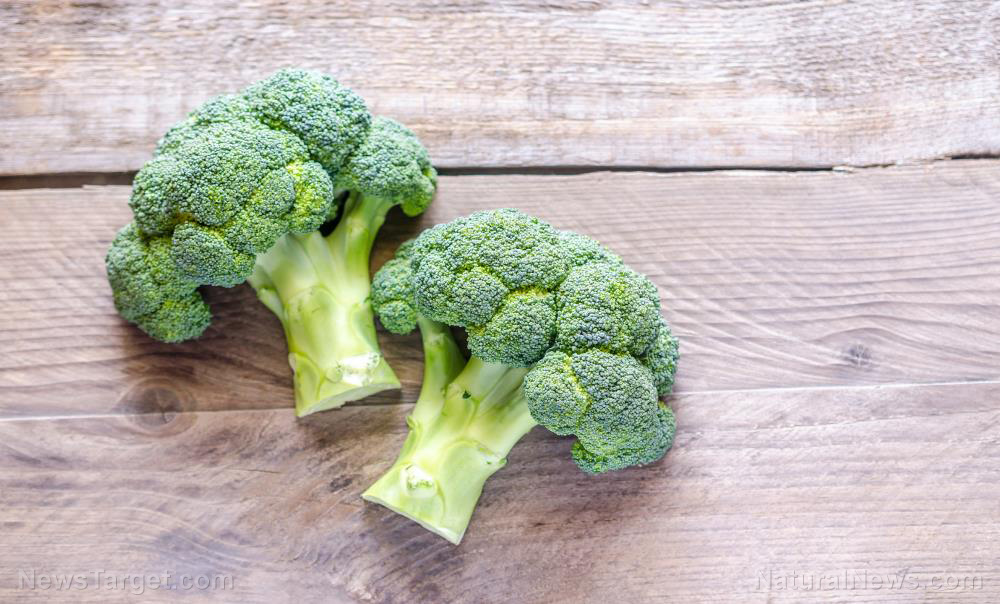by Joanne Washburn
Love them or hate them, there is no denying the health benefits of vegetables. And if you’re looking for one that offers the most nutritional benefits with each bite, look no further than broccoli.
Whether you’ve already discovered the goodness of this vegetable or you’re thinking of incorporating it into your diet, here’s everything you need to know about broccoli.
What’s so great about broccoli?
Broccoli is a branched vegetable with flower tops called florets. It belongs to the Brassicaceae (mustard) family, along with cauliflower, cabbage and kale. They are more commonly known as cruciferous vegetables.
Broccoli is a nutrient powerhouse, being rich in fiber, micronutrients and powerful plant compounds. It is thought to improve digestion and reduce inflammation, which is at the root of many chronic diseases, including cancer. Broccoli is low in sodium and calories, providing about 31 calories per serving. Broccoli is also fat-free.
Here’s a closer look at the health benefits of this cruciferous vegetable:
- Provides plenty of nutrients
Broccoli has quite an impressive nutritional profile. For starters, it is extremely high in insoluble fiber, the fiber that keeps you regular. It is also surprisingly high in vitamin C, an immune-boosting nutrient, and potassium. This mineral helps your nerves function and your muscles contract. It also helps your heartbeat stay regular.
Broccoli is also rich in phytochemicals and antioxidants. Phytochemicals give fruits and vegetables their colors, flavors and aroma. Studies show that the phytochemicals in broccoli are especially good for your immune health. These include glucobrassicin, kaempferol and carotenoids like zeaxanthin and beta-carotene.
Many of the phytochemicals and nutrients in broccoli also double as antioxidants. Antioxidants help find and neutralize called free radicals. Free radicals naturally occur in the body but may also come from external sources, such as cigarette smoke. If left unchecked, free radicals can damage healthy cells and even DNA.
- Improves digestion
Broccoli is one of the best vegetables for optimal digestion and gut health as it is packed with insoluble fiber. This type of fiber does not dissolve in water in the gut. Instead, it helps food move through your digestive tract. As such, insoluble fiber promotes bowel regularity and helps prevent issues like constipation.
- Maintains strong, healthy bones
Broccoli is a good source of calcium, which your body needs to build strong, healthy bones. Calcium can also help control blood pressure and ensures your muscles, nerves and cells work as they should.
Broccoli doesn’t provide as much calcium as a glass of milk, but it’s a great source of calcium nonetheless for people who are lactose-intolerant or are following a vegan or vegetarian diet.
- May aid in weight loss
Broccoli is a great food for weight loss. Aside from being low in calories, broccoli is high in fiber and water. This combination promotes feelings of fullness, so you’re less likely to snack or overeat if you eat broccoli.
- Provides protein
For a non-starchy vegetable, broccoli also contains a good amount of protein, one of the three macronutrients you need to consume every day. Protein is what gives structure to your skin, muscles and organs. And at times when your body doesn’t get enough energy from carbohydrates, protein can serve as fuel for cells.
If you’re on a plant-based diet, you could easily meet your daily protein needs by adding broccoli to your daily diet. Foods News.



